Changes to Coronavirus Job Support Scheme
The UK government announced recently that it will significantly increase the generosity and reach of its winter support schemes to ensure livelihoods and jobs across the UK continue to be protected in the difficult months to come, supporting jobs and helping to contain the Covid virus. Below we have summarised the main points and provided a worked example.
- The Job Support Scheme (JSS) will open on 1 November and run for six months, until 30 April 2021. The government has said it will review the terms of the scheme in January 2021. There are now two variations to JSS – JSS Open and JSS Closed.
- JSS Open will provide support to businesses that are open where employees are working shorter hours due to reduced demand. Your employees will need to work at least 20% of their usual hours. You will continue to pay employees for the hours they work, and the UK government will pay a contribution of 61.67% of the usual pay for hours not worked, up to a maximum of £1,541.75 per month. You will pay 5% of the usual pay for hours not worked, up to a maximum of £125 per month, and can top this up further if you choose. This means employees should receive at least two thirds of their usual pay for hours not worked.
- The caps are reduced according to the proportion of hours not worked. Further guidance on this will be available on GOV.UK shortly.
- You will need to cover all employer National Insurance and pension contributions.
- JSS Closed will provide support to businesses whose premises are legally required to close as a direct result of coronavirus restrictions set by one of the four governments of the UK. This includes premises restricted to delivery or collection-only services from their premises, and those restricted to providing food and/or drinks outdoors.
- For JSS Closed, the UK government will fund two thirds of employees’ usual wages for time not worked, up to a maximum of £2,083.33 per month. You will not be required to contribute, but you can top up the government’s contribution if you choose to. You will still need to cover all employer National Insurance and pension contributions.
- You’ll be able to make your first JSS claim in arrears from 8 December, for pay periods ending and paid in November.
Need Some Advice?
Looking for some help or a little advice?
Call today on 01484 534431 or fill in our enquiry form below, and we’ll call you back.











